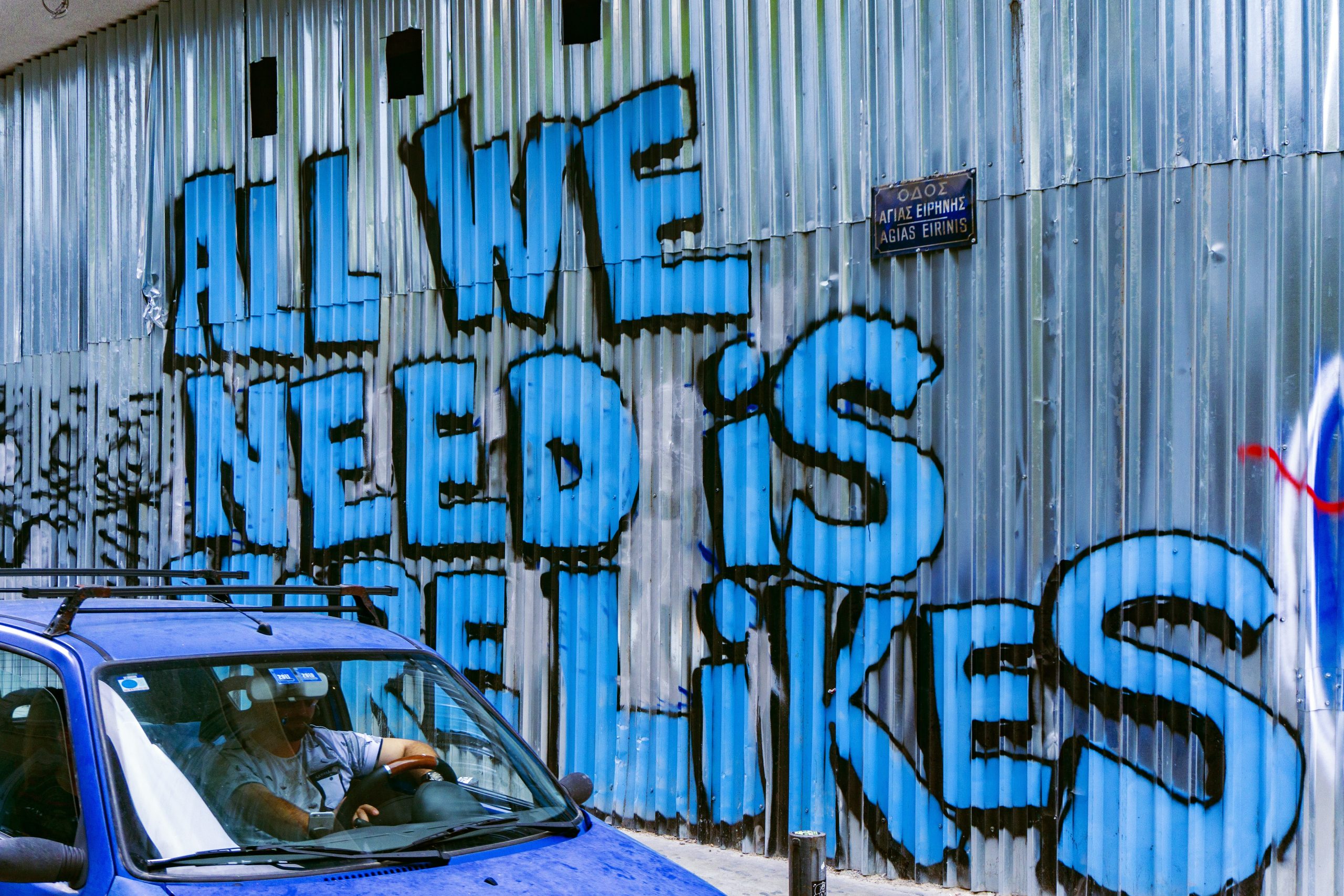In the early days of the internet, social networks were simple online platforms where individuals could connect with friends, share messages, and create profiles. Fast forward to the present, and we find ourselves immersed in a dynamic digital landscape known as social media. This transformation from social networks to social media represents a monumental shift in how we communicate, share information and connect with the world. In this article, we will explore the evolution of social networks into social media, examining the technological, cultural, and societal factors that have driven this digital revolution.
I. The Birth of Social Networks
The concept of social networks predates the Internet era. People have always formed connections, communities, and friendships. In the early 2000s, with the emergence of the World Wide Web, online platforms like Friendster, MySpace, and LinkedIn pioneered the concept of social networking. These platforms allowed users to create profiles, connect with friends, and share messages, photos, and interests. However, these early social networks were primarily text-based, with limited multimedia features.
II. The Rise of Social Media
1. Technological Advancements
The evolution from social networks to social media has been driven by remarkable technological advancements. The widespread availability of high-speed internet, the proliferation of smartphones, and the development of sophisticated mobile apps have transformed the way we engage with online platforms. Social media platforms harness these technologies to offer a richer, more immersive experience.
2. Multimedia Integration
One of the defining features of social media is the integration of multimedia elements. Users can now share photos, videos, and live streams, making the platforms more engaging and dynamic. Instagram, with its focus on photo-sharing, and YouTube, which revolves around video content, exemplify the shift towards multimedia-rich experiences.
3. Real-time Interaction
Social media platforms facilitate real-time interactions. Features like comments, likes, shares and instant messaging have created a dynamic environment where conversations happen in real time. This has greatly enhanced the immediacy of communication and made it more interactive and engaging.
4. User-Generated Content
Social media platforms have empowered users to generate and share content. People are no longer passive consumers but active contributors to the digital landscape. Platforms like Facebook, Twitter, and TikTok are fueled by user-generated content, making them dynamic and ever-evolving.
III. Social Media: A Cultural Shift
1. Democratization of Information
Social media has democratized the distribution of information and news. Individuals and organizations can share their thoughts and stories, bypassing traditional gatekeepers. This has transformed the way we access and consume information, empowering citizen journalists and amplifying diverse voices.
2. Global Connectivity
Social media has bridged geographical and cultural divides. People can connect with others from around the world, fostering cross-cultural exchanges, friendships, and collaborations. This has expanded our horizons and deepened our understanding of diverse perspectives.
3. Fostering Communities
Social media platforms have given rise to a multitude of communities, united by shared interests, causes, and passions. Online forums, groups, and pages enable like-minded individuals to come together and create virtual spaces for discussion and collaboration.
IV. Societal Impacts
1. Influence and Activism
The power of social media to influence and mobilize people has been evident in various social and political movements. The Arab Spring, #BlackLivesMatter, and climate change activism are just a few examples of how social media can be a catalyst for change, enabling individuals to amplify their voices and bring attention to important issues.
2. Privacy and Security Concerns
The shift to social media has raised concerns about privacy and security. With more personal information available online, users are at risk of data breaches and privacy infringements. Governments and organizations are grappling with the challenges of regulating and protecting user data in this new digital era.
3. Mental Health and Well-being
The constant connectivity and comparison culture on social media have led to concerns about their impact on mental health. Issues like cyberbullying, social media addiction, and the pressure to present an idealized version of one’s life have prompted discussions about the need for responsible usage and digital well-being.
V. The Business of Social Media
1. Advertising and Monetization
Social media platforms have become significant players in the advertising industry. Their ability to target specific demographics and deliver highly personalized content to users has made them attractive to advertisers. Platforms like Facebook, Instagram, and Twitter generate substantial revenue through advertising.
2. E-commerce Integration
Social media and e-commerce have become intertwined. Platforms like Instagram and Pinterest now allow users to shop directly from posts, blurring the lines between social interaction and online shopping. Social commerce is a growing trend that’s changing the way we make purchasing decisions.
3. Influencer Marketing
The rise of social media has given birth to the phenomenon of influencer marketing. Individuals with large and engaged followings on platforms like Instagram and YouTube have become powerful marketing assets, as they can influence consumer choices and trends.
The transformation from social networks to social media represents a profound shift in how we communicate, connect, and engage with the digital world. Technological advancements, cultural changes, and societal impacts have all played a part in shaping this evolution.
As social media continues to evolve, it is crucial for users to be mindful of the opportunities and challenges it presents, harnessing its power for positive change while navigating issues like privacy, mental health, and responsible usage. Social media is a dynamic force that has reshaped the way we live, work, and interact, and its impact will continue to be felt in the years to come.



